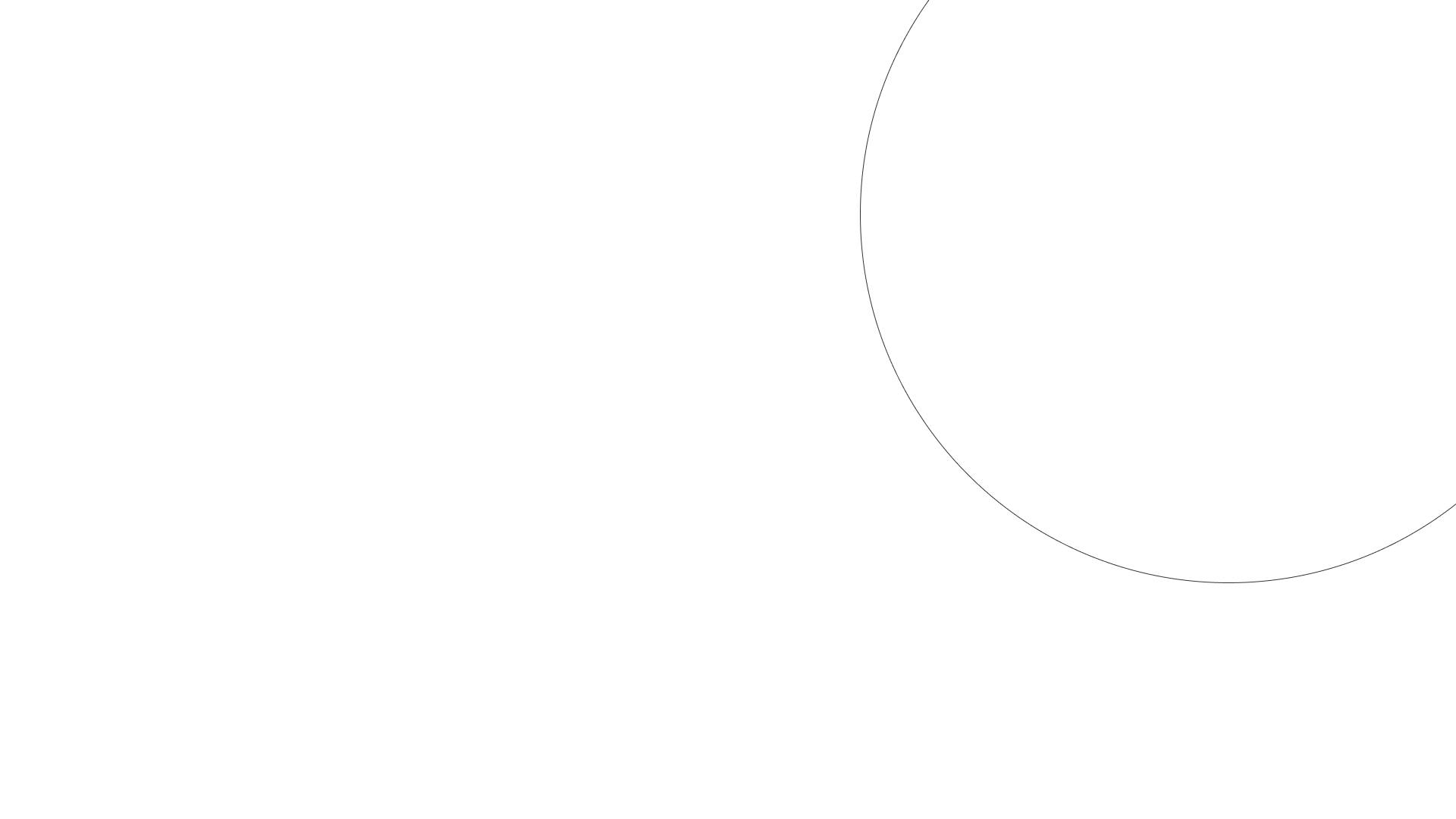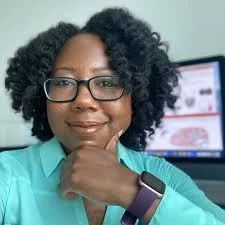
Section Styles spotlight-header
I am a
Synthetic Biologist
Karmella Haynes, PhD
Presented by superhuman body + if/thenMY PATHhow i became an oil painter, community builder & Synthetic Biologist.
MAJOR INFLUENCES
Sometimes demanding space for yourself also makes space for others.
Throughout my career, I’ve seen how important it is to speak up for what you need—whether it’s recognition, rest, or just room to do your best work. It’s not always easy, but by standing your ground, you show others they can do the same. Demanding space for yourself isn’t selfish—it opens doors and shifts the culture, creating a place where everyone can succeed. When we make space for ourselves, we make space for others to feel seen, heard, and valued too.
Major Milestones
HBCU Tour.
I went on a historic black college and university tour in high school with a bunch of at-risk kids, black and Latino kids. We got handed applications and they waived the application fee.
MIT Research Program.
I was selected for a summer research program at MIT as an undergraduate, which gave me valuable research experience. I participated for two summers.
Getting my PhD
I earned my PhD in Molecular Genetics at Washington University in St. Louis, where I studied how proteins interact with DNA to control gene activity in cells.
Pursuing Post-Doc & Faculty.
I pursued my postdoc at Davidson College, where I worked on using DNA to model a computer processor. Later, I joined Arizona State University and then Emory as a faculty member, teaching and continuing my research on synthetic biology and gene regulation.
Things I learned
along the way:
Looking for teacher resources?
PHOTOGRAPHER: Crystal Uqdah • Illustrator: Ekaterina Kuleva© 2024 THE PLENARY, CO. ALL RIGHTS RESERVED. TERMS. PRIVACY.This is a brand new site! See an issue? Let us know.







